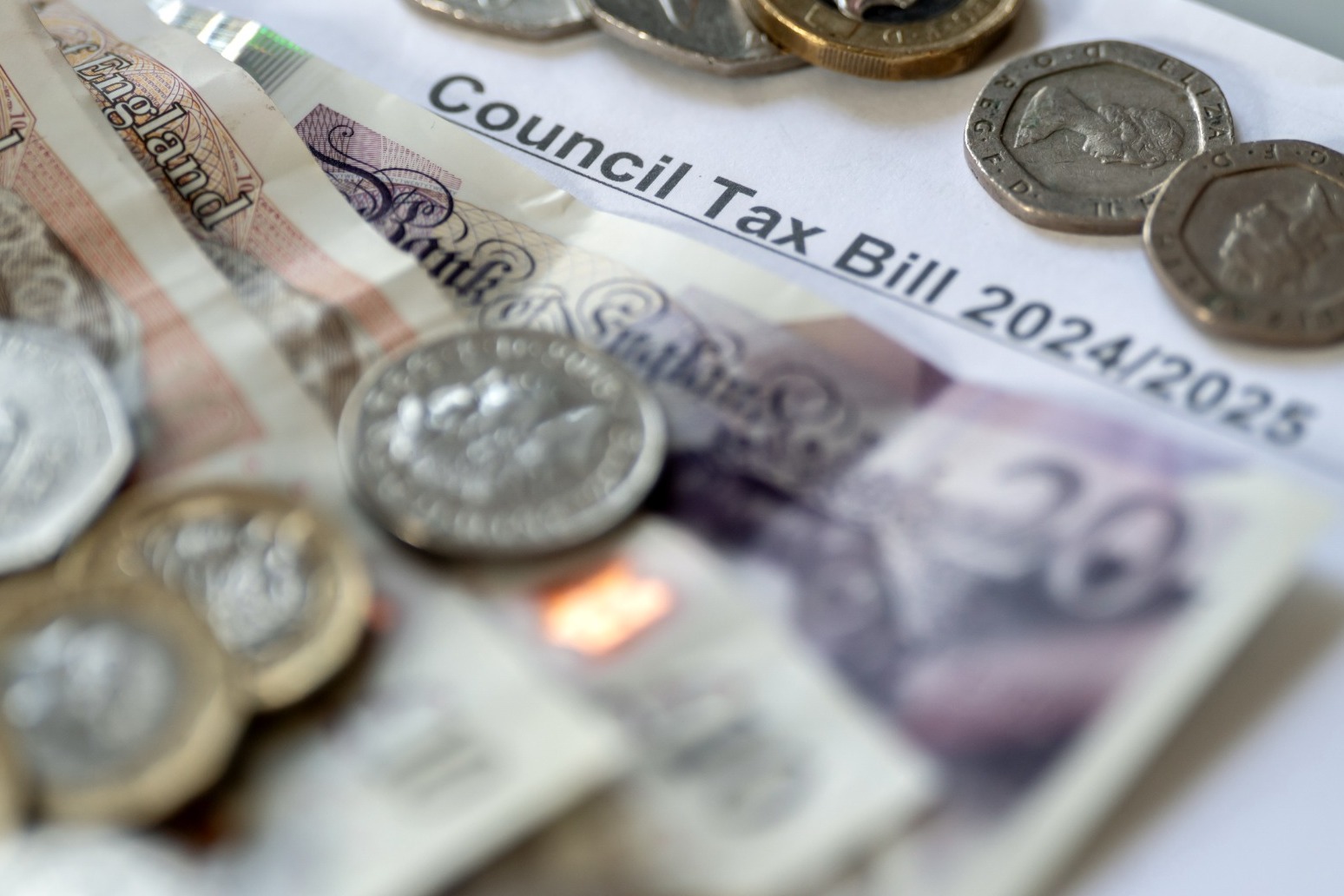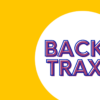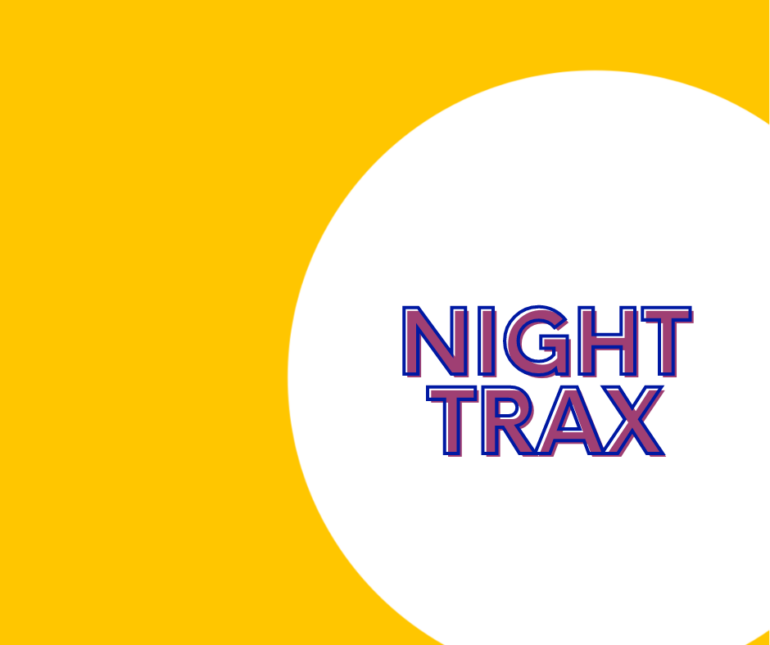-
 play_arrow
play_arrow
Kl 1 Radio Local radio for west Norfolk
-
 play_arrow
play_arrow
KL DISCO KL Disco Playing Disco Music from the 70's onwards.24/7
-
 play_arrow
play_arrow
KL COUNTRY KL COUNTRY Playing New and Classic Country Music 24/7
-
 play_arrow
play_arrow
KL ROX KL ROX The best of New and Classic Rock.24/7
-
 play_arrow
play_arrow
KL SUMMER Summer Vibes 24/7 from KL1 Radio across West Norfolk
-
 play_arrow
play_arrow
KL CLASSICAL Your Symphony Starts Here
-
 play_arrow
play_arrow
KL CHILL Just Chill!
-
 play_arrow
play_arrow
KL POP The Best POP Hits all day Long!
-
 play_arrow
play_arrow
KL XTRA KL XTRA
music_note

Households are bracing themselves for across-the-board increases to their bills, with those on the lowest incomes running out of options, a charity has warned.
Citizens Advice said those on the lowest incomes were “already stretched to breaking point” even before “awful April” sees price hikes on everything from energy to council tax.
Households in the lowest 10% for income were already spending around two fifths (41%) of their earnings – after housing – on water, energy, broadband and car insurance bills, according to a study into social tariffs by the charity in partnership with the Institute for Public Policy Research (IPPR), abrdn Financial Fairness Trust and Policy in Practice.
This compared to 11% for those on middle incomes, with those in the top 10% for income spending just 5%.
The study found single-adult households, and particularly those with children, were more likely than other groups to be spending 20% or more of their post-housing income on these bills, leaving them more exposed to price shocks.
The IPPR said well-targeted social tariffs and bill support schemes across water, energy, broadband and car insurance markets could save households hundreds of pounds a year.
If social tariffs reduced these essential bills by 25%, those in the lowest 10% for income could see savings of around £13 a week or £680 a year – the equivalent to a boost in income of around a tenth for a typical household in this group.
Citizens Advice chief executive Dame Clare Moriarty said: “After years of cost-of-living pressures, households across the country are about to feel the extra shock of rising essential bills. But for those on the lowest incomes, these unavoidable costs are already eating away at their finances, leaving their budgets stretched beyond breaking point.
“Social tariffs could be an effective safety net and put money back in people’s pockets, but the Government and providers must work together to make sure nobody struggling to make ends meet misses out.
“We want to see people eligible for bill support automatically enrolled to receive it. This change can’t come soon enough.”
Professor Ashwin Kumar, director of research and policy at IPPR, said: “Essential bills are leaving the lowest earners with little room to breathe and causing huge anxieties.
“Well-designed social tariffs and bill support – across water, energy, broadband and insurance markets – could save households hundreds of pounds a year and provide a vital lifeline to some of the most vulnerable people across the country.”
The research comes as energy bills for millions of households are to rise by 6.4% from April 1 when Ofgem increases its price cap for a third consecutive quarter, while water bills will increase by an average £123 per year – the largest hike since the industry was privatised in 1989.
Most councils in England are planning to hike council tax bills by 4.99% – the maximum amount permitted – next month, with some including Birmingham, Bradford, Newham, Somerset, Trafford and Windsor & Maidenhead having been granted special permission to go even higher.
Broadband and phone bills are rising while the cost of a TV licence and the standard rate of car tax are both going up by £5, and electric vehicles will no longer be exempt.
With the average household already spending £2,062 on essentials each month, analysts believe the latest increases could add another £49.45 to this figure.
Here are the bills that are rising from April:
– Energy
Ofgem’s latest increase to the energy price cap will add £9.25 a month or £111 to the annual bill of an average household that pays by direct debit, which already stands at £1,738.
The unit price of gas will increase from 6.34p per kilowatt-hour (kWh) to 6.99p per kWh while electricity is going up from 24.86p/kWh to 27.03p/kWh.
Ahead of the increase coming into effect, households are urged to send in an accurate meter reading to ensure that all energy they use before the higher prices come into effect is billed at the lower rate.
It is also sensible to check if it would be worth switching to a fixed tariff, which work by locking in a set rate for gas and electricity for a specific period such as 12 months. These deals are becoming increasingly common across energy firms, but consumers need to check for exit fees.
To find the right tariff, households should consider all options including cheaper variable tariffs – a tracker product that changes daily based on wholesale cost – or time-of-use tariffs that can benefit those charging electric vehicles overnight or who want to take better advantage of off-peak rates.
– Water
Households in England and Wales will see their water bills increase by an “extortionate” average of £86 over the next year alone.
Regulator Ofwat has allowed companies to raise average bills by 36% or £157 in total over the next five years to £597 by 2030 to help finance a £104 billion upgrade for the sector.
Some firms have been allowed significantly higher increases. Southern Water customers will face a 53% increase and Severn Trent households will see their bills rise by 47%, before inflation.
However, despite the average £31-a-year rise, households will be hit particularly hard from April with an average increase of £86 or 20% front-loaded into the coming year, with smaller percentage increases in each of the next four years.
Unlike gas and electricity suppliers, households cannot choose which company supplies their water, meaning they must either absorb the financial hit or consider ways to reduce their consumption.
– Council tax
Millions of households will see a jump in their annual council tax bills from April 1 with most local authorities in England increasing a typical band D bill by 5% – an increase of £109 to £2,280 from the 2024-25 figure of £2,171 – although some local councils have permission to impose hikes of up to 10%.
They are Windsor & Maidenhead, Newham, Bradford, Birmingham, Somerset, and Trafford.
Bills in Wales are set to rise by around 4.5% to 9.5% and in Scotland the jump will typically be at least 8% – though this is the first increase in two years following a freeze in 2024-25.
The amount of council tax you pay is set by the value of your home, with the average value home being placed in Band D.
If you think your property is in the wrong band it might be worth requesting a revaluation, however be aware there is a risk it could be placed into a higher band rather than a lower one.
It is also worth speaking to the council about what support is available for those who are struggling or on lower incomes.
– Mobile and broadband
Some customers will see rises in line with inflation while others may face fixed hikes depending on when they signed up or upgraded.
For those on inflation-linked contracts, broadband prices will rise by an average of £21.99 annually, with some newer plans seeing increases of up to £42 a year, according to Uswitch.
Mobile users face similar increases, with an average increase of £15.90 for inflation-linked contracts, and up to £48 for newer deals.
Broadband customers should check their contract status to see if it is possible to switch without incurring a penalty. Switching to a new broadband deal after the initial contract has ended could save up to £180 a year.
Vodafone, Virgin Media and Community Fibre are some of the providers freezing prices until 2026 for those who switch before the April increases.
Mobile customers can text INFO to 85075 to check the status of their contract and any exit fees, or consider lowering their data plan to save money.
– TV licence
April’s bill increases will see the price of a standard colour TV licence rise by £5 to £174.50 a year. The price of a black and white licence will also go up from £57 to £58.50.
You can claim a free TV licence if you are 75 or older and claim Pension Credit or live with a partner who receives the benefit by calling 0300 790 6071.
– Car tax
The standard rate of tax for cars registered after April 2017 will rise to £195 from the start of April, an increase of £5. Some owners may pay more, or less, if their car was first registered before 2017, with the rate dependent on when a car was first registered and the type of fuel it consumes.
Another major change will see owners of electric vehicles (EVs) subject to car tax for the first time. Any EVs registered since April 2025 will be subject to the lowest rate of tax of £10 in the first year before moving to the standard rate of £195.
Published: by Radio NewsHub

Similar posts
Upcoming shows

Weekend Back Trax
6:00 am - 8:00 am

Kelvin Scott – Weekend Breakfast
8:00 am - 11:00 am

Richard Tree – Sunday Swing Thing
11:00 am - 1:00 pm

Darren Furzey – Classic Hit Weekend
1:00 pm - 3:00 pm

John Atkins – Sunday 60’s and 70’s
3:00 pm - 6:00 pm
Message Us
Copyright The Mediasite UK - 2025








